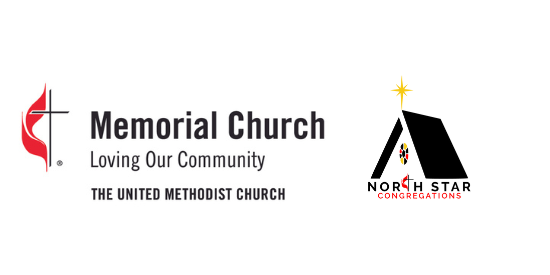The Only Thing that Never Changes
Yesterday, the person who had agreed to be “the voice of the congregation” in these times when we cannot all sing, announced that she didn’t know the first two hymns. One was written in 1982 and published in a worship song book in 2000. The other was a hymn by Charles Wesley, published in 1762, sung to a tune that dates back to 1551, adapted in 1836! In a Law and Order rerun, Lennie Briscoe, portrayed by Jerry Orbach, was upset about police using computers, saying his only experience with a computer was losing 17 straight games of Solitaire. I’m not sure when the episode first appeared, but Orbach died in December of 2004. Another person announced to me that “there is just too much change,” and shook his head in despair. I get it. We don’t like change. We especially don’t like change that requires us to change.
I’m old enough to remember when the first pizza chain opened near us. I remember my dad asking someone “What’s pizza? What do you do with it?” The response came back, “You eat it to drink beer with it!” Pizza is now a favorite food of almost everyone, including toddlers. No one would ask “What’s pizza?” I also remember the first time I bravely asked someone to help me set up an email account and show me how to use it. (Now, I understand that having an AOL address is a sign that I’m “old.”) Change that seemed risky, daring, bold at the time, but now seems embarrassingly outdated. I voted by absentee ballot for the first time in the primaries in April. Not because I intended to, but because the in-person election was cancelled at the last minute. I’ve always said I enjoyed voting in person, and that’s why I didn’t vote early or by absentee ballot. But after seeing how efficiently and safely the system operated, I won’t be “going to the polls” any more. I also learned how to use a service to send money over the internet to people, so I won’t be writing checks to my son who never manages to cash them!
The only thing that doesn’t change is change. Change is with us, whether we like it or not, whether we recognize it or not, whether we think it makes things better or worse. Our bodies are constantly creating new cells and sloughing off old ones. Parts of our bodies age and wear out, no matter how much we might lengthen or delay the process. The natural world is in constant flux, with plants growing and dying, oceans moving and changing coastlines, tides and conditions. Even those things that seem unchanging are changing, just at a rate too slowly for us to detect. We have very little control over the process of change, and that is what often makes it so fearful. It’s not the change, but that we can’t decide what the change will be.
In a way, that can be a gift to us. We don’t have to worry about choosing the wrong change. We do have some control over the ways in which we respond to change. I’m glad we learned to eat pizza all those years ago, instead of saying “we won’t try anything new.” I couldn’t do my work, or enjoy many of my friendships, were it not for electronic communications and computers that once seemed terrifying. I’m not so fond of the creaky joints in my body, but I have learned I can relieve some of the pain by exercise and an occasional medication. And I can take action and stances to change attitudes, programs and plans that are dangerous or destructive. (Wear a mask and maintain a safe distance!) As a process philosopher and theologian, I’ve learned to embrace the concept of “becoming” rather than “being.” We – and all that we know and experience – are works in progress. We need not be “stuck” in any situation, attitude, belief, or assumption. Becoming allows us to fine tune our responses to change and become more attuned to life-giving values. “Changing our minds” is not something of which to be ashamed, but an achievement. We are becoming, not being, and for that we may be most grateful. Bring on the change. We’re made for it.
Stay safe and be blessed,
Pastor Barbara
